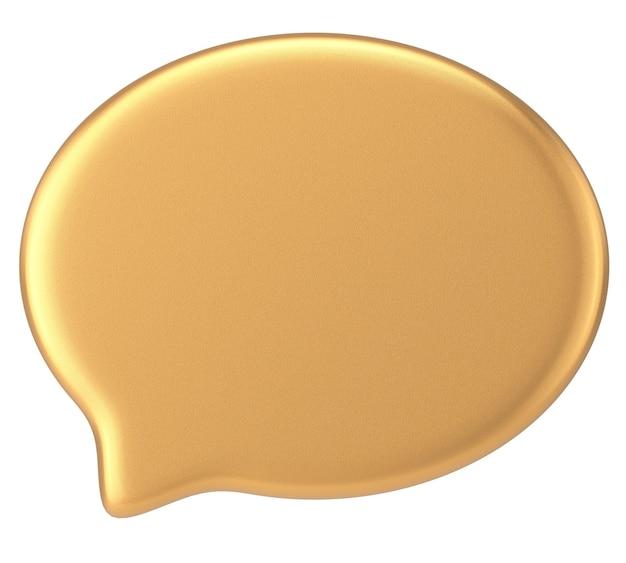Welcome to our blog post on the main differences between deductive and inductive reasoning! If you’ve ever wondered how people form conclusions, make decisions, or construct arguments, then understanding deductive and inductive reasoning is essential. These two forms of reasoning are fundamental to various fields, including science, philosophy, and everyday life.
In this blog post, we will explore the definitions, uses, and distinctions between deductive and inductive reasoning. We’ll examine how they differ in their approach, logical structure, and the types of conclusions they yield. By the end of this post, you’ll have a clear understanding of these two reasoning methods and how they shape our thinking processes.
So let’s dive in and uncover the fascinating world of deductive and inductive reasoning!

What Are the Main Differences Between Deductive and Inductive Reasoning
Deductive and inductive reasoning are two distinct approaches to problem-solving that have been the topic of many lively debates among philosophers and intellectuals for centuries. In this section, we will delve into the main differences between these two reasoning methods and explore their unique characteristics.
Deductive Reasoning: When Sherlock Holmes Meets Mr. Spock
In the realm of deductive reasoning, we enter a world of sharp logic and precision, where every step is meticulously calculated. It’s like having the brilliant detective Sherlock Holmes and the ever-logical Mr. Spock from Star Trek team up to solve a mind-boggling puzzle.
Deductive reasoning starts with a general premise or theory and applies it to specific situations to arrive at a logical conclusion. It follows a top-down approach, moving from the general to the specific. Imagine it as moving from a broad hypothesis to a focused prediction.
Inductive Reasoning: Where Surprises Hide Around Every Corner
Inductive reasoning, on the other hand, is more like a thrilling treasure hunt where surprises can lurk around every corner. It is a bottom-up approach that begins with specific observations and uses them to formulate broader theories or generalizations.
In the world of inductive reasoning, we embrace uncertainty and embrace the unpredictability of life’s twists and turns. It’s like going on a journey with Indiana Jones, never quite sure what you’ll discover next.
The Role of Certainty: Firm Ground vs. Shifting Sands
A significant difference between deductive and inductive reasoning lies in the level of certainty they offer. Deductive reasoning provides a high level of certainty as it follows strict logic and relies on valid arguments. When deductions are properly made from true premises, the conclusion is guaranteed to be true.
Inductive reasoning, however, introduces an element of probability and uncertainty. Since it relies on observations and generalizations, the conclusions drawn are only likely to be true, but not necessarily always true. It’s like stepping on the shifting sands of probability with each new piece of evidence.
Generalization vs. Specificity: The Grand Scope vs. Individual Cases
Another key distinction between these reasoning methods is the scope they encompass. Deductive reasoning aims to reach broad generalizations from a limited set of premises. It focuses on identifying patterns and principles that can be applied universally.
Inductive reasoning, on the other hand, hones in on specific cases and uses them to draw conclusions about broader principles or trends. It zooms in on the nitty-gritty details and gradually builds up a more comprehensive understanding of the world.
The Beauty of Both Worlds: Synergy, Not Rivalry
While the differences between deductive and inductive reasoning are clear, it’s important to recognize that they are not opposing forces engaged in an eternal battle. In fact, they often complement each other like two sides of the same coin.
Deductive reasoning sets the foundation by establishing logical principles, which in turn, guide and inform the process of inductive reasoning. By working in tandem, they create a powerful synergy that expands our knowledge and enhances our problem-solving abilities.
In conclusion, whether you prefer the structured world of deductive reasoning or the exciting realm of inductive reasoning, both approaches offer unique perspectives and valuable tools for navigating the complexities of life. So, let’s embrace the best of both worlds and embark on a journey of intellectual curiosity and discovery!

FAQ: What Are the Main Differences Between Deductive and Inductive Reasoning
What Does “Deductive Method” Mean
Deductive method, also known as deductive reasoning, is a logical process of drawing specific conclusions based on general principles or premises. In simple terms, it involves using known facts, principles, or general rules to reach a specific conclusion or inference.
What Is Another Name for Inductive Reasoning
Inductive reasoning, often referred to as the scientific method, involves observing specific instances or examples to draw general conclusions. It is commonly used in scientific research and forms the basis for developing theories and hypotheses.
What Does “Inductive” Mean
Inductive, in the context of reasoning, refers to the process of going from specific examples to general conclusions. It involves collecting data or evidence from different instances and using it to form a broad theory or hypothesis that explains the observed patterns.
How Can I Use Deductive Reasoning in a Sentence
Sure! Here’s an example that illustrates deductive reasoning in action:
“When it rains, the streets get wet. Today, it’s raining. Therefore, the streets will be wet.”
In this sentence, a general principle (rain makes streets wet) is used to reach a specific conclusion (the streets will be wet today).
What Is the Difference Between Induction and Deduction
The main difference between induction and deduction lies in the direction of reasoning. Deduction starts with general principles or premises and uses them to derive specific conclusions, while induction begins with specific instances and leads to general conclusions.
What Is Another Word for Deductive
Another term for deductive reasoning is “top-down reasoning,” as it starts with a general premise and applies it to specific situations or cases.
What Is Deductive Reasoning Used For
Deductive reasoning is widely used in various fields, including mathematics, philosophy, and law. It helps in making logical arguments, proving theorems, developing logical frameworks, and constructing valid legal arguments.
What Is a Question in the Scientific Method
In the scientific method, a question refers to the initial inquiry or problem that prompts scientific investigation. It serves as the starting point for researchers to formulate hypotheses and conduct experiments or observations to find answers.
What Is the Short Definition of the Scientific Method
The scientific method is a systematic approach used by scientists to study the natural world. It involves making observations, formulating hypotheses, conducting experiments or observations, analyzing data, and drawing conclusions based on evidence.
What Is the Real Scientific Method
The real scientific method is not limited to a rigid step-by-step process but is a flexible framework that allows scientists to investigate and understand the natural world. It emphasizes objectivity, reproducibility, and a reliance on evidence-based reasoning.
Which of the Following Is Another Term for Deductive Reasoning
Another term for deductive reasoning is “logical reasoning,” as it involves applying logical principles and rules to draw specific conclusions.
And there you have it! The main differences between deductive and inductive reasoning revealed in a friendly, engaging, and humorous FAQ-style format. Hopefully, this clears up any confusion and helps you grasp these fundamental concepts with a sprinkle of fun. If you have any more burning questions, feel free to let us know!
